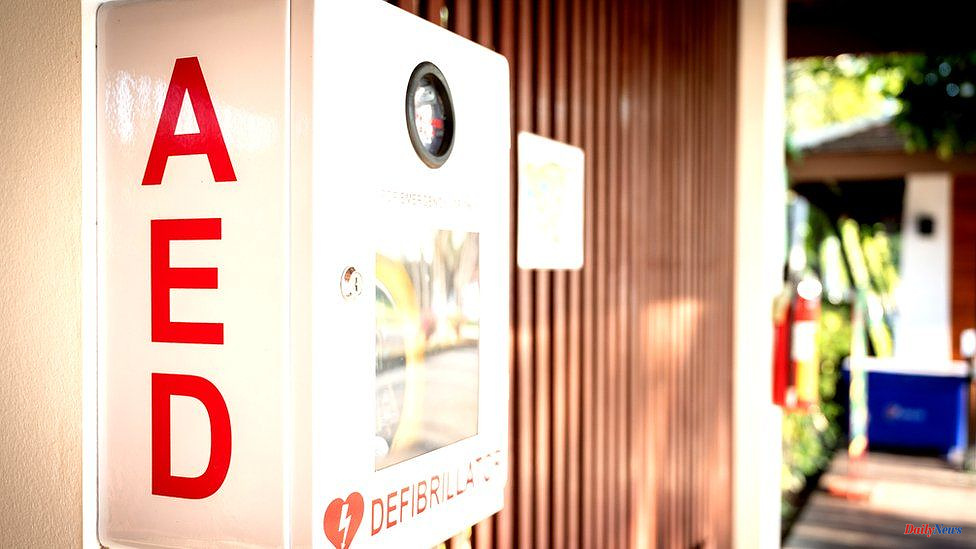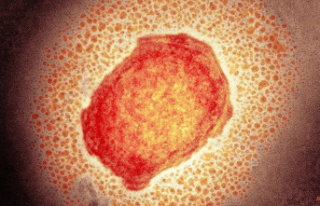Ambulance services need your help to locate 70,000 defibrillator units scattered throughout the UK.
For people suffering from cardiac arrest, the machines can save their lives.
The majority of these devices will be found in public places like supermarkets and sports clubs.
With the help of Ordnance Survey, the British Heart Foundation, the emergency services want to map the locations.
This would allow 999 operators to direct people to the nearest defibrillator, which they can then use before an ambulance arrives.
The Circuit is an online database used by emergency services to track exactly where defibrillators have been located. It is updated each minute to ensure that accurate and timely information is available.
Although the location of 30,000 community-defibrillators are known, an estimated 70,000 devices have not been registered. The public can help.
Register the device with The Circuit if you're in charge of an organization that has one.
Ordnance Survey will give you a Unique Property Reference number to pinpoint the exact location.
This is more accurate than the postcodes and could save more lives.
If someone has a cardiac arrest, it is important to get immediate medical attention.
The survival chances are reduced for every minute that CPR (cardiopulmonary rescue) is not performed. A defibrillator can increase survival chances in case of cardiac arrest by up to twofold.
Only do it if you are:
Call 999 if someone is unconscious, but breathing normally.
Do not waste your time looking for a pulse. If someone is not responding or not breathing normally, call 999 immediately and begin CPR.
According to the ambulance service, many defibrillators don't get used because people don’t know where or how they can be reached.
Each year, there are over 30,000 cases of cardiac arrest in the UK.
The use of defibrillators is very simple. You don't need to be trained and you can simply follow the instructions. It will check your heart rhythm and only give you a shock if necessary. It is impossible to shock someone accidentally.
A heart attack is responsible for many cardiac arrests among adults. A person suffering from a heart attack might develop a dangerous rhythm that can stop the heart pumping blood around the body.
Both a heart attack or a cardiac arrest can be life-threatening emergencies. Call 999 immediately. When a portion of the heart muscle loses its blood supply suddenly, it is called a heart attack.
Sue Hampshire, Resuscitation Council UK stated that sudden cardiac arrest could happen to anyone at anytime. Only one in ten UK citizens survives a cardiac arrest outside of hospital. The survival rate from an out-of-hospital cardiac attack can be increased by providing immediate CPR and defibrillation to bystanders. It is important that all devices are registered on The Circuit. So that more lives are saved, we urge all those who haven't registered to do so.












